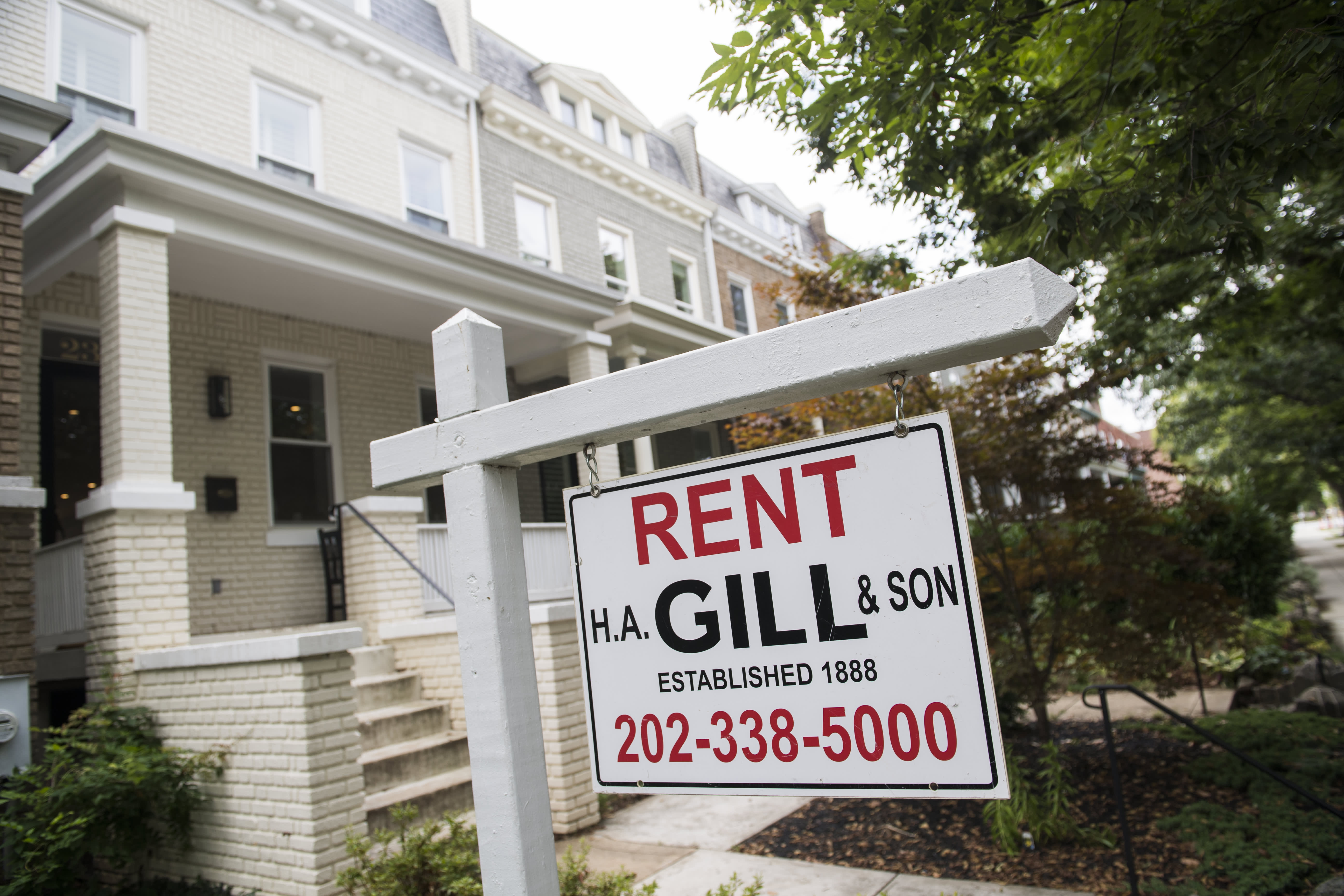Demand for single-family rental homes is so strong that rents have nowhere to go but up, and they are rising at an increasingly fast pace.
Single-family rents in October were up 10.9% year over year, according to the latest report from CoreLogic. That is three times the 3.2% annual growth seen in October 2020. The jump comes as too much demand meets not enough supply. Vacancy rates on these homes are now at a 25-year low, as an increasingly competitive and pricey for-sale housing market drives more potential buyers to rentals.
“Single-family rent growth hit its sixth consecutive record high in October 2021, mirroring record price increases in the for-sale housing market,” said Molly Boesel, principal economist at CoreLogic.
Rent growth is strong in every price tier, but strongest for the most expensive rentals:
· Lower-priced (75% or less than the regional median): 9.5%, up from 2.8% in October 2020
· Lower-middle priced (75% to 100% of the regional median): 10.1%, up from 2.8% in October 2020
· Higher-middle priced (100% to 125% of the regional median): 11.3%, up from 3% in October 2020
· Higher-priced (125% or more than the regional median): 11.4%, up from 3.5% in October 2020
Regionally, rent growth in Miami was the highest of the major metropolitan markets, with rents up 29.7% year over year. That was followed by Phoenix and Las Vegas at 19.3% and 16.5%, respectively. Chicago had the lowest annual growth at 4.2% in October, but that is more than double its pre-pandemic growth rate.
Given the gains in rent, investors continue to pile into the market, buying generally lower-priced homes and turning them into rentals. This is exacerbating the supply constraints, especially for entry-level buyers.
“Owner occupants are being pushed out by investors in certain price ranges in certain markets. It’s significant in Phoenix. It’s significant in Charlotte and significant in Atlanta, right around the 250 to four hundred thousand dollar range,” said John Burns, CEO of John Burns Real Estate Consulting.
Both investors and builders are sinking more into the build-for-rent market now, with those housing starts hitting record levels in the third quarter of this year, according to the National Association of Home Builders.
More supply of rental housing could help ease rents next year, but demand could also increase, especially if the new omicron variant drives more people out of major cities and into outlying suburbs, where these single-family rentals are most prevalent.
